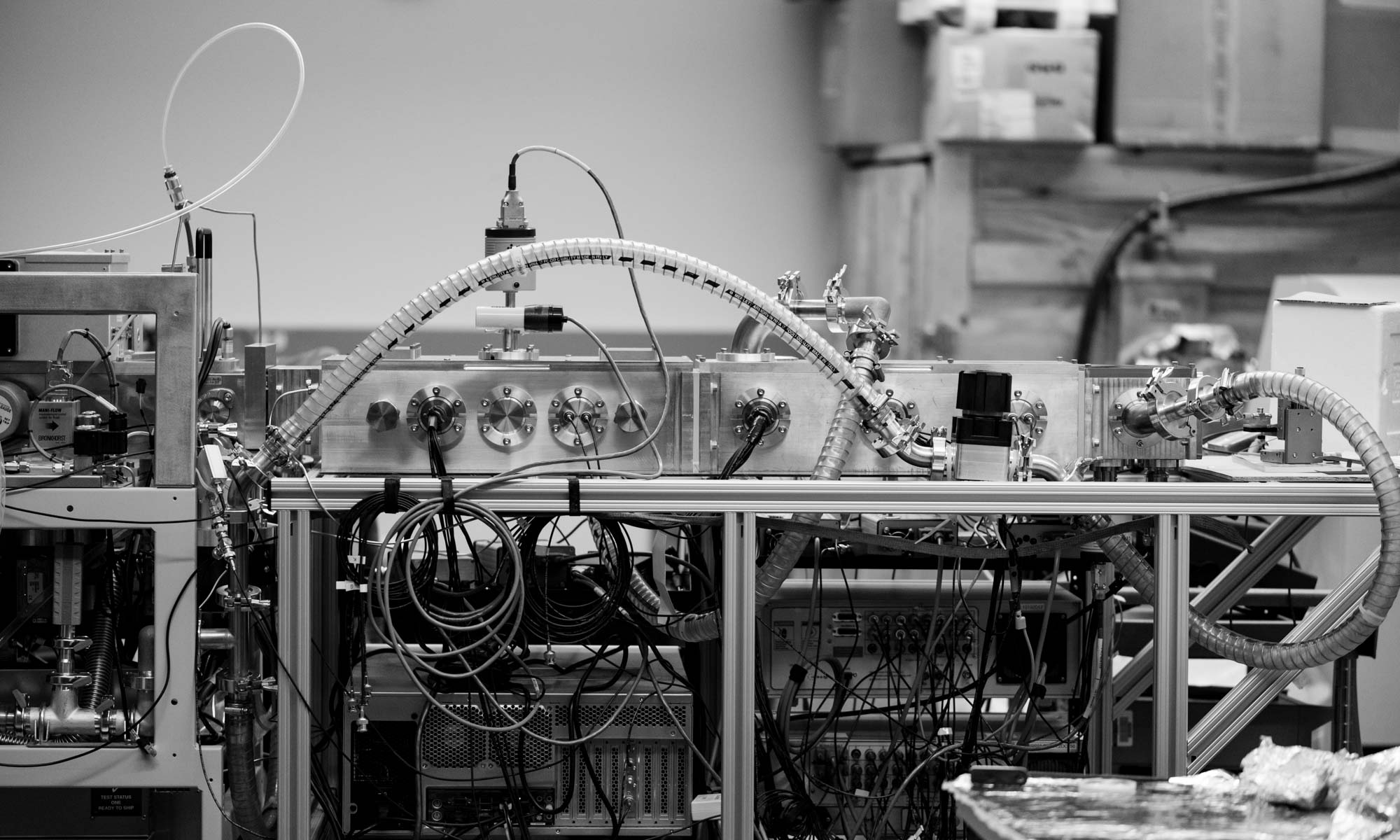
Small heat-shock proteins (sHSPs) are molecular chaperones that prevent irreversible aggregation through binding nonnative target proteins. Due to their heterogeneity, the resulting sHSP:target complexes remain poorly understood. We developed a general and automated approach for estimating the distribution of stoichiometries for heterogeneous ensembles of protein complexes. Using this approach, we find that the stoichiometries of sHSP:target complexes depend on both the mass and quaternary architecture of the target, indicating that protection occurs early during denaturation. This investigation therefore explains the apparent paradox of how variable, complex morphologies result from the generic sHSP protection mechanism.
For a perspective on this work, please see Breaking Down Order to Keep Cells Tidy, a preview written by Christine Slingsby and Alice Clark (Birkbeck College).
Dissecting Heterogeneous Molecular Chaperone Complexes Using a Mass Spectrum Deconvolution Approach Florian Stengel, Andrew J. Baldwin, Matthew F. Bush, Gillian R. Hilton, Hadi Lioe, Eman Basha, Nomalie Jaya, Elizabeth Vierling, Justin L.P. Benesch. Chem. Biol. 2012, 19, 599–607.


 The Bush Lab welcomes Alicia Schwartz! Click
The Bush Lab welcomes Alicia Schwartz! Click  The Bush Lab welcomes Cindy Wei! Click
The Bush Lab welcomes Cindy Wei! Click 







 The Bush Lab welcomes Ken Laszlo! To learn more about Ken, click
The Bush Lab welcomes Ken Laszlo! To learn more about Ken, click 
You must be logged in to post a comment.